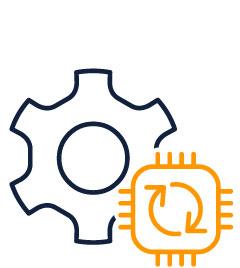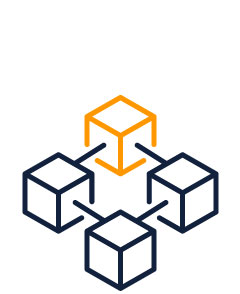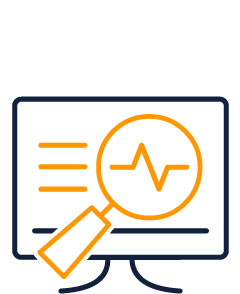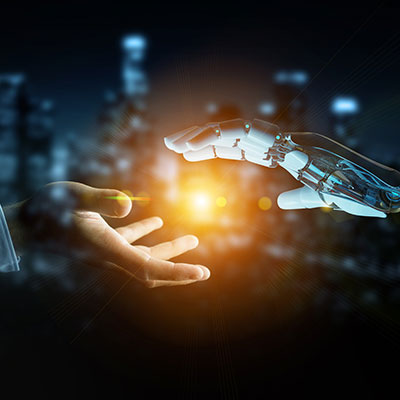Amplifying the Future of Work through Technology
Oct 29, 2019

With the continuous influence of technology affecting various industries, companies are faced with the challenge of adopting digital transformation solutions that will not only improve their overall business process, but also enhance the overall work place. It is then crucial for organisations to understand key disruptive technologies that will greatly affect the ever changing landscape of work.
The powerful driving force that shapes the future of work is the growing adoption of Artificial Intelligence (AI) and the disruptive technologies that will come with it. These technologies are meant to compliment the future of work and the labour productivity by up to 40%, which enable people to make more efficient use of their time. AI is said to even double the annual economic growth rates in 2035 by how it influences the nature of work and create better relationship between man and machine1.

Automation
With the various tasks done on a daily basis, companies need to establish better efficiency in handling various tasks without compromising quality and time. This is where organisations implement companywide RPA (Robotic Process Automation) to create a better and seamless process in handling tasks and functions within the various department of the business. This ultimately creates a better customer experience which then leads to greater demands.
Automation is key to increasing efficiency, reducing human error, and lowering operational costs. This enables employees to no longer do repetitive tasks, and focus more on strategic decision-making and creative problem-solving within the business. Automation through RPA also affects the overall recruitment journey, making administrative tasks faster – these include pipelining candidates, capturing data, transferring data from one application to another, processing documents, auto texting and scheduling capabilities, video interviews, etc2.

Blockchain
The technology will mainly affect the future of work by applying transparency and openness to the system and nature of work as it creates “digital ledgers” of secure data, these include employee identity, company and copyright licences, and business transactions may it be internal or external. This allows enterprises to have a full view of their business, including their employee workflows, planning and strategies, international transactions, as well as hiring great talents for their organisation all of which providing cost efficiency for the business.
Blockchain is said to be an effective tool to screen talents who wish to join an organisation . Given the technology’s transparency, the technology allowed companies to source talents that are qualified and trustworthy, eliminating false information and mainly focuses on true facts based on the talent’s profile. Organisations adopting Blockchain to streamline workforce process in doing business across borders will facilitate faster, more straightforward and secure transactions3.

Predictive Data Analytics
Enterprises analyse huge amount of data on a daily basis, and these data are crucial in the overall growth of the business and how employees do their work. Employees greatly benefit through analytics as it enables them to produce quality work output and be at their best performance. It also empowers talent recruitment leaders to gain important insights to better understand headcount figures and gain organisational advantages. Insights generated by leveraging new data sources and taking a social science approach to research help leaders understand how to build effective organisational structures and implement new ways of working4.
Predictive analytics through AI allows organisations to use their own data, as well as data from outside and third-party sources, in the decision-making process. It produces intelligent data to find patterns and generates models to predict future performance5. These intelligent predictions are crucial for organisations to create better plans on how they do their work as well as understanding the performance of their business and employees.
A Future of Human-Machine Interaction
As disruptive technologies continue to shape how organisations approach work and their employees, it is an important rule that people need to study and understand these technologies and how they can fully utilise to complement the way they run and do their work. From everyday tasks, how businesses run their whole organisation, and acquiring the right talent and skills, these technologies are here to assist and provide the right output for people to manage and implement. Indeed, the future of work will be technology-enabled, automated, diverse, and inclusive, but still value cognitive skills and emotion as it continues to supplement how people do their work.
1 https://www.mckinsey.com/featured-insights/employment-and-growth/technology-jobs-and-the-future-of-work
2 https://futureofsourcing.com/how-digital-technology-will-transform-talent-acquisition
3 https://irishtechnews.ie/blockchains-impact-on-the-future-of-work/
4 https://ezayo.com/workforce-analytics-will-shape-future-work/
5 https://readwrite.com/2019/06/13/how-emerging-technologies-are-changing-the-future-of-work/






